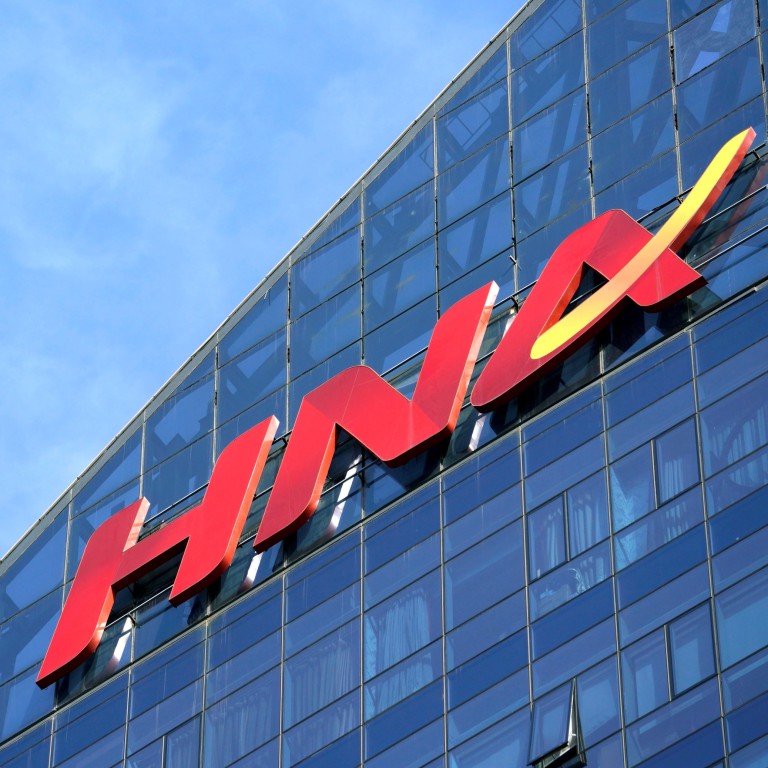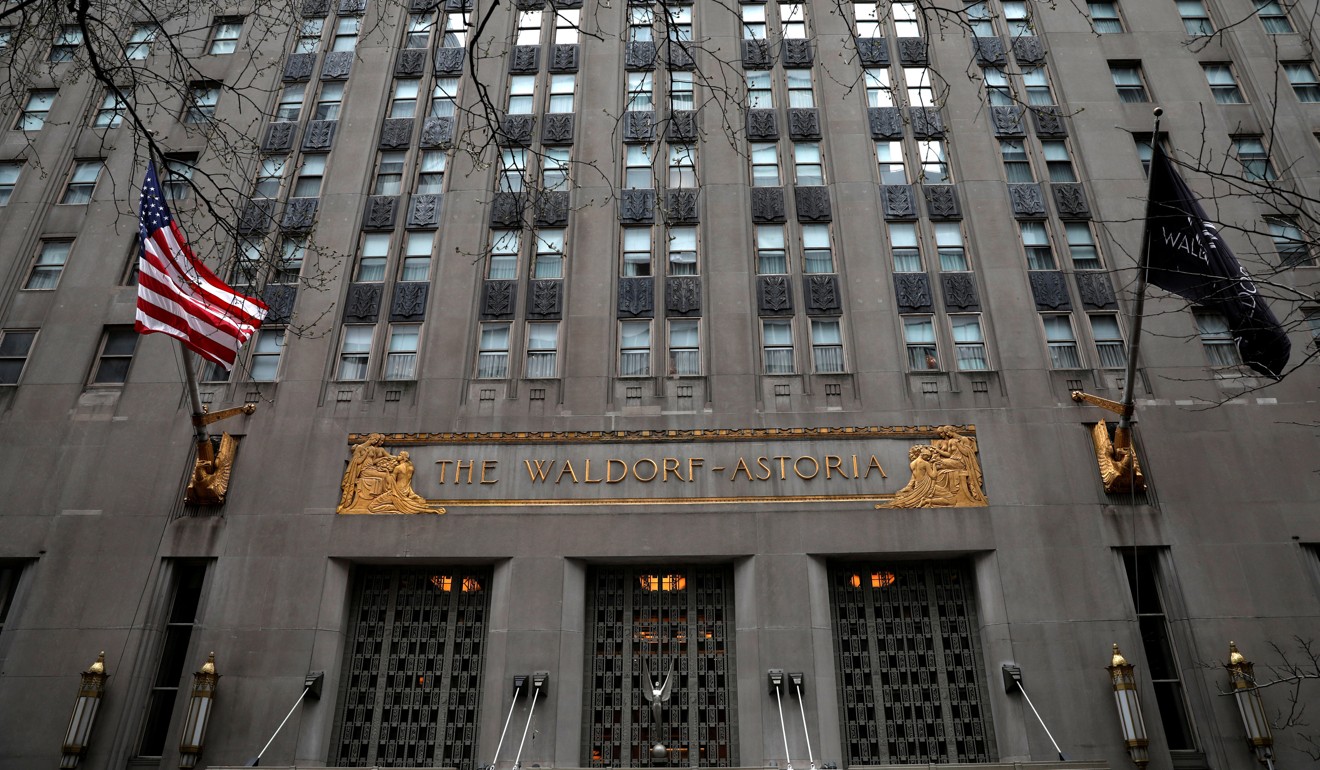
Chinese acquisitions of US companies plunge 95 per cent in 2018 amid trade war
- Major buyers including HNA and Anbang have pulled back since 2016 as Beijing looked to bring capital back to encourage domestic growth
- The sharp decline contrasted with an increase in global mergers and acquisitions by Chinese buyers, including a large buying spree in Europe
Chinese acquisitions of American companies plummeted 95 per cent last year from its peak two years ago as the escalating trade war dampened deal-making activity.
Purchases of US firms by Chinese buyers dropped to US$3 billion in 2018, continuing a descent from US$55.3 billion in 2016 and US$8.7 billion in 2017, according to the global research group Mergermarket.

This sharp decline contrasted with an 11.5 per cent increase, to US$3.53 trillion, in overall global mergers and acquisitions.
The drop in US purchases also took place while outbound merger activities in the Asia-Pacific saw a 52.4 per cent jump to reach US$160 billion from the year earlier, data shows.
Chinese mergers and acquisitions in Europe increased 81.7 per cent to US$60.4 billion in the same period.
In May, China Three Gorges, a state-owned power company, announced that it had agreed to buy the remaining 76.7 per cent stake of Portuguese utility company Energias de Portugal SA. The deal, which is awaiting regulatory approval, was valued at US$10.8 billion and was the fifth-largest acquisition in Europe last year.
“Intensifying trade tensions, political instability and increased regulatory scrutiny took their toll on the number of deals struck over the year,” Mergermarket editor Elizabeth Lim said in the report.
Major Chinese buyers including HNA and Anbang, which had concluded headline-grabbing acquisitions in the US, have been pulling back since 2016 as the Chinese government looked to bring capital back to encourage domestic growth. US government efforts to tighten scrutiny of acquisitions by Chinese entities has compounded the pullback.
The Trump administration has stepped up efforts to clamp down on Chinese investments in the US. Congress passed a law in August that empowered an inter-agency body, the Committee on Foreign Investment in the US (CFIUS), to broaden the scope of reviews of Chinese acquisitions on national security grounds.
A number of large deals ran into trouble in 2018. Alibaba affiliate Ant Financial’s acquisition of US payment company MoneyGram was shot down over fears that information about US military personnel could be leaked to China. The fintech company is now looking to buy payment start-up WorldFirst in Britain. Alibaba owns the South China Morning Post.
Some of the biggest Chinese acquirers are now becoming sellers.
HNA, a conglomerate with business ranging from finance to aviation, has put assets including hotels, real estate and airlines on the market. The firm has hired China Development Bank to advise on the sales, which could amount to US$50 billion.
Anbang, the gigantic holding company that started in the insurance business and has expanded to banking and financial services, has hired Bank of America to advise on the sale of its US luxury hotel portfolio worth of about US$10 billion.
The company is known for its aggressive global expansion, including its US$2 billion acquisition of New York’s Waldorf Astoria hotel in 2014.

